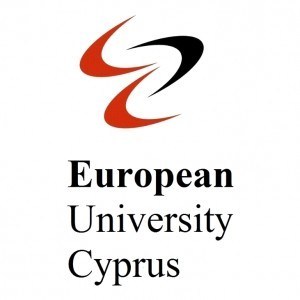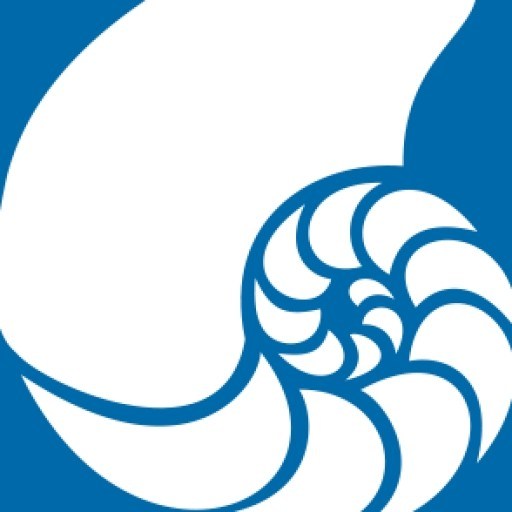Photos of university / #europeanunicy
The Education Leadership concentration is labor market oriented and aims to offer an integrated program in educational leadership as well as to offer knowledge and skills and to create conditions that will enable students to become managers / leaders in education.
General Objectives
- Present a complete program in Educational Leadership
- Promote concepts and cultivate aptitudes for preparing future educational leaders and transforming them into competent educators, able to undertake employment in all sectors and contexts of education and qualified for academic and professional development, advancement and leadership.
- Impart knowledge and develop dexterities/abilities in research, in the discipline of Education Leadership
Specific Objectives
- Prepare students for the effective organization and administration of schools and education.
- Educate and train educators with administrative posts, providing competences leading to a productive and creative advancement.
- Identify and develop research techniques that will empower students and allow them as future educators to advance and employ such dexterities in becoming competent educational leaders and respectable researchers.
- Provide students with a high quality education, equipping them with knowledge, notions and abilities so as to contribute constructively to the wider educational, cultural and social context.
Learning Outcomes
It is expected that students will be able to:
- Design, prepare and present small or large scale of educational research
- Analyze and evaluate quantitative and qualitative researches from the field of Educational Leadership
- Carry out a master thesis about a specific subject of Educational Leadership
- Analyze and explain the relationship between philosophy and education or appreciate the institutions, procedures and results of modern educational systems from a sociological point of view or examine theories and research findings of educational psychology and apply psychological theories into practice or develop attitudes as educators, which are necessary for someone to meet cultural variety.
- Develop an extensive sense of educational organization as a social system, realize the dynamic context in which a school and the educational system are working and get familiar with basic leadership operations and how these can be implemented at the level of a school unit.
- Identify the characteristics of leadership in relation to the micro society of school and relate leadership with the effectiveness of a school unit.
- Acquire knowledge in the areas of motivation, conflict resolution, effective communication, climate/ culture organization and the administration of human and material resources
- Realize the need to introduce innovations in an educational organization for its continuous improvement, to describe the stages of the successful introduction of innovations and be fully aware of the role of an educator and especially of the principal of a school in introducing innovations in schools.
- Identify and analyze the basic principles of school policy, identify the difference between the theoretical dimension and its practical implementation, recognize pressure groups which influence educational policy making in Cyprus and critically sketch the basic characteristics of international educational discourse.
- Identify the factors which influence the effectiveness of the school organization, discuss theoretical models for improvement of school effectiveness, in addition to studying the findings from quantitative and qualitative research which study the factors which influence the effectiveness of an organization and the process for improving school effectiveness.
- Employ technology as a means for management organization and to modernize the school.
Employment Opportunities
The industry aims to offer an integrated program in Educational Administration as well as to offer knowledge and skills and to create conditions which will allow students to highlight as executives / leaders of education.
Resources
Students work with updated learning materials made exclusively for the distance education pedagogical model or adapted for this purpose by the instructors








